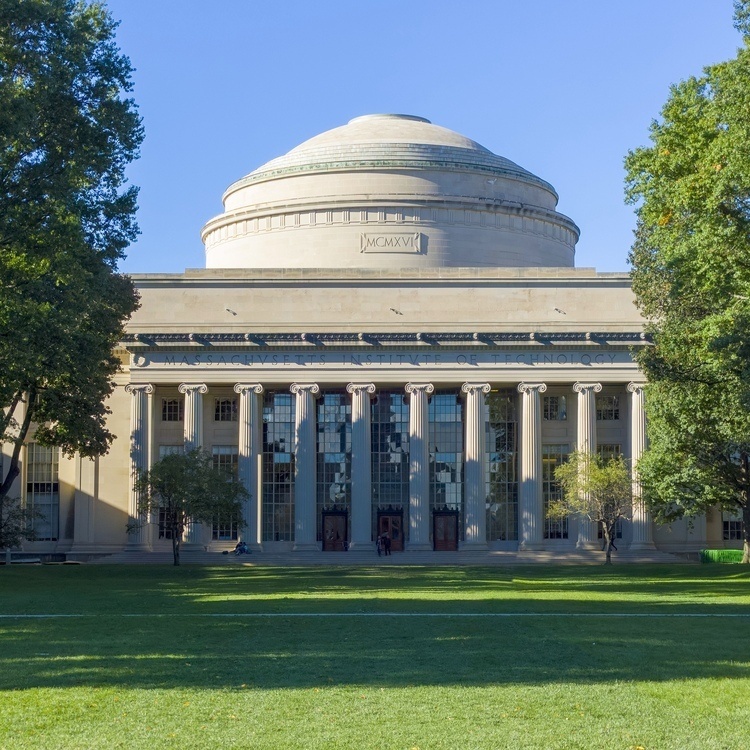
Isaac Treves Thesis Defense: Neural correlates of trait mindfulness
Description
Speaker: Isaac N. Treves
Advisor: John Gabrieli
Date/Time: October 17 at 1-2pm
In Person Location: MIT Building 46-3310
On Zoom: https://mit.zoom.us/j/97581170113
Title: Neural Correlates of Trait Mindfulness
Abstract: There is a clear and present need to identify the brain biological bases of mental health and mental illness. In this thesis, I focus on the brain bases of trait mindfulness, measured using self-report. Mindful individuals pay attention to the present moment and bring an attitude of acceptance and non-judgment to their thoughts and feelings. Despite the well-established importance of trait mindfulness to well-being, there are no well-established brain measures of trait mindfulness. This may be because of methodological obstacles to brain-behavior association studies. In this thesis, I evaluated the significance of these obstacles in the field and addressed them empirically. In Study 1, I conducted a systematic review of 68 brain imaging studies of trait mindfulness (JOCN). There were some commonalities, but also large gaps in the literature. Sample sizes were small, and studies focused on single regions, networks or EEG responses. In the following chapters, I conducted three fMRI studies using large existing datasets and rigorous methodology to elucidate brain-mindfulness associations. In Study 2, I conducted connectome predictive modelling with the largest sample of any lab-based neuroimaging study of mindfulness (n = 367 adults). I found whole-brain network models of attention and non-judgement components of mindfulness that generalized to one of two held-out datasets. The models incorporated default-mode, somatomotor, and visual networks. Overall mindfulness scores were not predictable, suggesting challenges to a single brain marker of mindfulness. In Study 3, I analyzed a dataset of resting-state fMRI in adolescents, conducting dynamic connectivity analyses to find time-varying brain states (BPGOS). I selected brain states that showed good test-retest reliability, and these brain states correlated with mindfulness. Interestingly, one brain state exhibited global hyperconnectivity, perhaps a marker of arousal or awareness. Finally, in Study 4, I questioned whether using a task involving breath-counting would bolster correlations with trait mindfulness. I found differential brain responses to the task vs resting-state, but the responses did not correlate with trait mindfulness. Together, these studies contribute to an emerging picture of the mindful brain as being reflected in both unimodal (e.g. VIS) and heteromodal (e.g. DMN) brain networks, as well as static and dynamic functional organization. However, results underscore the difficulty of finding generalizable correlates across samples, conditions, and mindfulness scales.

